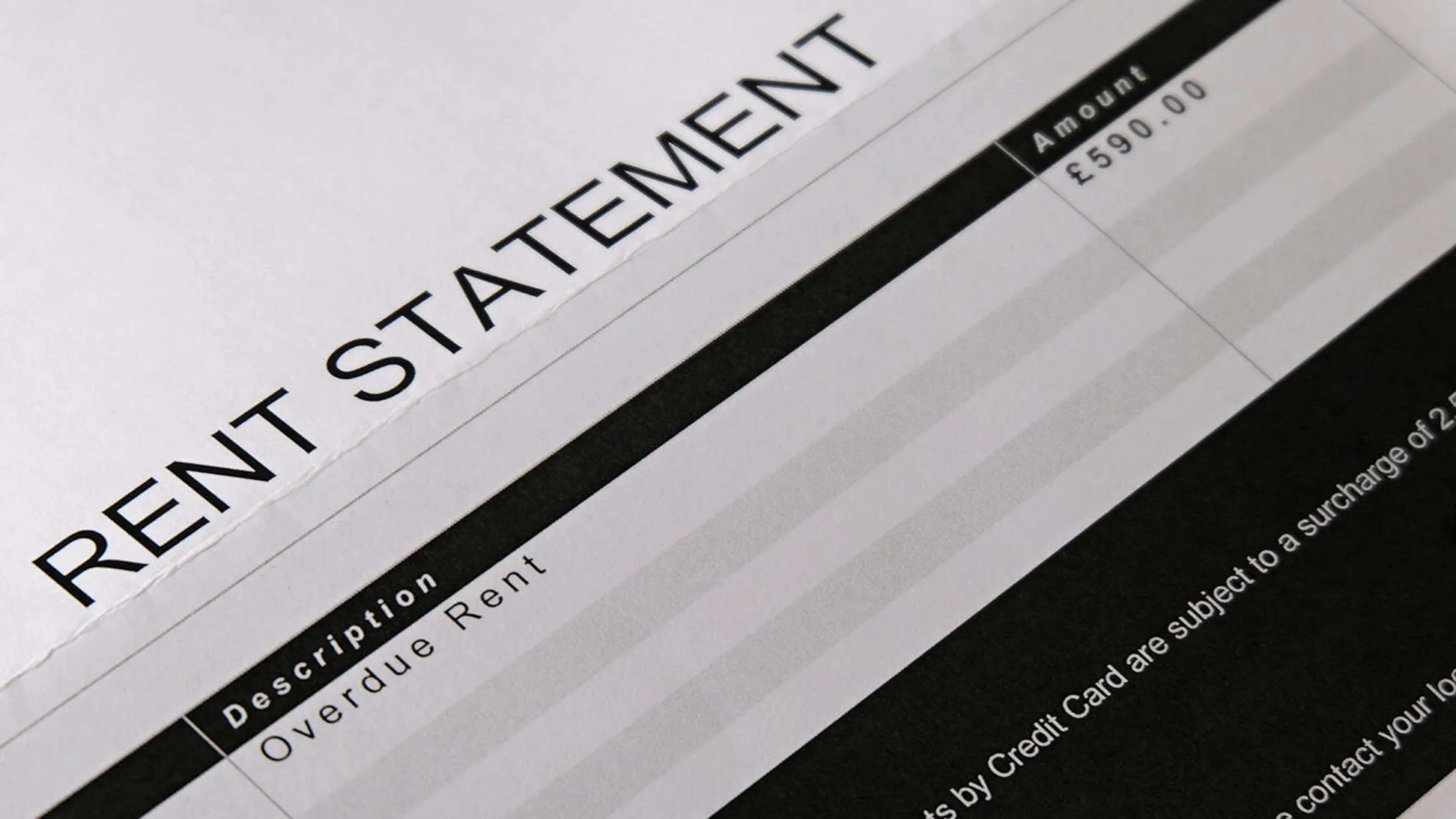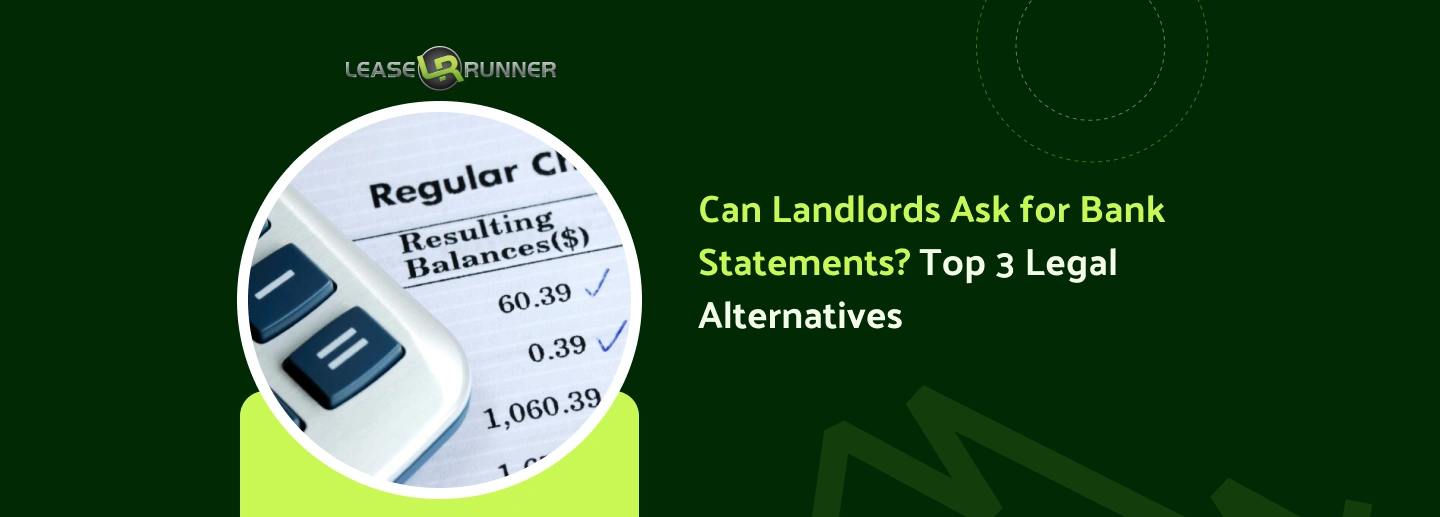Not every rental situation ends on good terms. Sometimes tenants skip out on rent, damage the property, or break the lease entirely. Figuring out how to report bad tenants to credit bureaus in 2025 has become a key step for landlords who want to prevent repeat behavior. Let’s go over how it works!

What is Rent Reporting?

Rent reporting is the process of sharing a tenant’s rental payment history with one or more of the major credit bureaus. Normally, credit reports focus on things like credit cards or loans, but rent reporting includes how on-time someone is with their rent.
For tenants, consistent on-time rent payments can help build or strengthen their credit scores. Renters who have their rent reported see an average credit score increase of around 16 points within six months.
For landlords, rent reporting gives tenants a stronger incentive to pay on time. When tenants know that late or missed rent could impact their credit standing, they’re more likely to take their payment responsibilities seriously.
Rent reporting usually isn’t automatic, though. Many landlords use third-party services to report late rent payments to the credit bureau since not all credit bureaus accept rent data directly. These services collect rental payment info from landlords and send it to the credit bureaus in a format they can use.
Why Reporting Unpaid Rent and Delinquent Behavior Matters
When tenants don’t pay rent or cause trouble, it can cost landlords money. Reporting helps encourage people to keep up with their rent and follow the rules.
What is Delinquent Rent?
Delinquent rent is rent that has not been paid by the agreed-upon due date. It could mean rent that’s a few days late, several weeks overdue, or even unpaid for months.
Most leases include a short grace period (usually 3–5 days), but once that passes, the rent is technically considered delinquent. The longer rent goes unpaid, the bigger the problem becomes for landlords, who rely on timely rent to cover mortgage payments, maintenance, and other expenses.
Furthermore, late or unpaid rent is often the first sign of bigger issues with a tenant. Tracking delinquent rent closely helps landlords decide when to take action, including whether to start the process of reporting the tenant to credit bureaus.
In addition, a history of delinquency also affects a tenant’s standing in future rental applications. With rent reporting becoming more common, this kind of late-payment history may follow them and impact their credit score or show up on tenant screening reports.
Does Not Paying Rent Have An Impact On Your Credit?
Most tenants don’t realize that rent payments usually don’t automatically appear on their credit reports like credit cards or loans do.
When landlords report late rent payments to the credit bureau through rent reporting services, this information gets added to the tenant’s credit file. Negative reports, like missed rent payments or lease violations, can lower the tenant’s credit score. There are two types of credit checks: soft and hard inquiries.
- Soft credit checks (like those used during background checks or pre-approvals) don’t impact a tenant’s score, but they can still reveal rent-related data if it’s on file.
- Hard inquiries (which happen when someone applies for a loan or a credit card) do affect the score slightly, and during those checks, they can raise red flags for lenders.
On the other hand, tenants who pay their rent on time can benefit by building a positive credit history, which is especially helpful for people who don’t have much other credit activity.
So, in summary, late payments can harm credit scores, while on-time payments build a positive history.
What Landlords Must Know Before Reporting (Legal Guide for 2025)

Reporting a tenant to a credit bureau isn’t something landlords should take lightly. There are important legal rules and best practices that protect both landlords and tenants. In 2025, these legal requirements will remain just as important as ever.
- First, landlords need to be sure the information they report late rent payments to the credit bureau is accurate. Under the Fair Credit Reporting Act (FCRA), landlords have a legal obligation to ensure the data they provide to credit bureaus is correct. Reporting false, incomplete, or misleading information about a tenant’s payment history or behavior can lead to serious legal consequences, including lawsuits from tenants.
- Second, tenants usually must be notified before a landlord reports them. Many states and local laws require landlords to notify tenants before reporting them to a credit bureau. This notification usually needs to be in writing and give the tenant a chance to address the issue. For instance, paying overdue rent or disputing the claim. Some states have strict rules about how much notice must be given and the method of delivery (such as certified mail).
- Third, the method of reporting matters. Most landlords do not report tenant information directly to the credit bureaus themselves. Instead, they use third-party rent reporting services or collection agencies that handle the reporting process and ensure compliance with all legal requirements. These services specialize in packaging the data correctly and submitting it in the required formats.
Note: Laws can vary by state or city. Some places have additional tenant protections that affect how and when you can report unpaid rent or delinquent behavior.
How to Report a Bad Tenant to the Credit Bureau Legally? 4 Key Options for Landlords
There are several options to report a bad tenant to the credit bureau legally.
- Option 1. Hire a Collection Agency
- Option 2. Obtain a Civil Judgment
- Option 3. Use a Third-Party Rent Reporting Service
- Option 4. Experian's RentBureau
Option 1. Hire a Collection Agency
Our first recommended option is hiring a collection agency. Collection agencies specialize in chasing down unpaid debts, including overdue rent. Once they take over, they try to collect what’s owed, and if successful, they can report the debt to credit bureaus on your behalf.
This is best-suited for landlords with multiple properties or larger operations. Moreover, this option works well if you don’t want to handle the hassle yourself and are comfortable paying a fee or percentage of the collected amount.
Keep in mind, collection agencies typically get involved after other attempts to collect have failed. They also have experience navigating legal rules.
Option 2. Obtain a Civil Judgment
Another route for landlords dealing with serious unpaid rent issues is to take the tenant to court and obtain a civil judgment. A civil judgment is a legal decision that confirms the tenant owes you money. You can report the judgment to the credit bureaus, and it will appear on the tenant’s credit report as a public record.
This method is more formal and can be time-consuming and sometimes costly, but it carries more weight since it’s backed by the court. It is also easier to pursue other collection efforts, like wage garnishment or liens, if the tenant continues to avoid payment.
Option 3. Use a Third-Party Rent Reporting Service
Third-party rent reporting services are a popular option. These companies act as intermediaries between you and the credit bureaus. They collect rent payment data from you and report it directly to the credit bureaus.
RentReporters is one of the most well-known names. They’ve helped thousands of renters build their credit through consistent reporting of on-time payments, and they also give landlords a streamlined, hassle-free experience. Services like this typically offer both ongoing monthly reporting and backdated reporting. You report previous months or even years of rent history, depending on the tenant’s permission.
Moreover, these platforms are designed to be user-friendly, even for landlords managing only one or two properties. Most services include dashboards where you can log payment activity, send reminders, and track tenant reports.
Option 4. Experian's RentBureau
If you rent out a small number of homes, you might find Experian’s RentBureau useful. This service gathers information about rent payments and adds it to credit reports. Not every landlord reports rent payments, but if your property management software or a service you use works with Experian’s RentBureau, your rent may already be reported.
The advantage for small landlords is that you don’t have to do much extra work. It’s a way to contribute to tenants’ credit records, encouraging timely payments, without a complicated process.
Report bad tenant behavior the right way and protect your investment.

Stop Problem Tenants From Hurting Your Bottom Line
Alternatives to Credit Bureau Reporting
Sometimes, other routes make more sense depending on your goals, costs, or how big the debt is.
File for a court judgment
Before reporting to credit bureaus, landlords can file a lawsuit in small claims or civil court to get a judgment against the tenant. This judgment legally confirms the tenant owes you money and can be easier to collect on in the future.
Although court judgments don’t always appear on credit reports immediately, they are public records and can show up in background checks. Getting a judgment also opens doors for other collection tools like wage garnishment or bank account levies.
Use of collection agencies and cost-sharing models
Collection agencies aren’t just for big landlords. Some smaller landlords or property managers pool resources through cost-sharing models to hire a collection agency. Collection agencies handle the legal requirements, negotiate with tenants, and report unpaid debts to credit bureaus.
Best Practices to Avoid Bad Tenants in the First Place
How to deal with bad tenants? Avoid them before they ever move in. While there’s no perfect guarantee, there are smart steps landlords can take to increase the chances of finding responsible, reliable tenants.
Comprehensive Credit/Background Screening
At LeaseRunner, tenant screening is the foundation of a good landlord-tenant relationship. Our platform offers a comprehensive credit and background screening service. We check credit scores, rental history, criminal background, and eviction records, all in one easy report.
You can get real data to make informed decisions. Our screening is designed to be fast, affordable, and easy to use, so you can review applicants without wasting time.
Setting Clear Lease Terms and Payment Expectations
Clear communication starts with a solid lease agreement. Setting specific lease terms and payment expectations from day one helps prevent misunderstandings. You need to pay attention to rent amounts, due dates, late fees, maintenance responsibilities, and any other important rules.
Setting Up Automated Rent Collection
One of the easiest ways to avoid late or missed rent payments is to make paying rent as simple and hassle-free as possible. With LeaseRunner, landlords can set up automated rent collections using ACH payments, offering tenants the convenience of not having to remember due dates or write checks.
Automated payments also help landlords by streamlining bookkeeping and reducing the time spent chasing checks. When rent is collected on time and digitally tracked, it makes the entire process smoother for everyone involved.
Keeping Digital Records of Every Communication and Payment Issue
Keeping digital records of all tenant communications, payment receipts, and any issues that come up protects landlords if disputes arise. Whether it’s emails, texts, or messages through platforms, having a clear paper trail helps prove what was said and agreed upon.
Conclusion: Next Steps after Reporting
Learning how to report a bad tenant to the credit bureau legally is just one part of managing problem tenants. After reporting, it’s a good idea to review your tenant screening process and lease agreements to reduce future risks. Keeping everything legal and documented will protect you and your rental investment!
Want more tips on protecting your rental and managing tenants the smart way? Explore more insights on the LeaseRunner blog.
FAQs
Q1. Does not paying rent affect credit?
Normally, rent payments don’t show up on credit reports the same way credit cards or loans do. However, if a landlord reports unpaid rent to a credit bureau, it can negatively impact a tenant’s credit score. So while not paying rent doesn’t automatically affect credit, reporting unpaid rent can change that.
Q2. How to report unpaid rent to the credit bureau?
Landlords can report unpaid rent to credit bureaus by using third-party rent reporting services or collection agencies that have access to credit reporting for landlords' systems. Some landlords may also obtain a court judgment for unpaid rent and report that judgment. It’s important to follow legal guidelines, keep accurate records, and notify tenants before reporting. Services like RentReporters make this process easier by handling the reporting for you.
Q3. Is reporting unpaid rent worth it for small landlords?
Yes, even small landlords can benefit from rent reporting. It can encourage tenants to pay on time and helps build a tenant’s credit history when they do. With affordable services like RentReporters or Experian RentBureau, small landlords can now report rent easily without needing to work directly with credit bureaus. It’s a simple way to reduce risk and protect your rental income.







